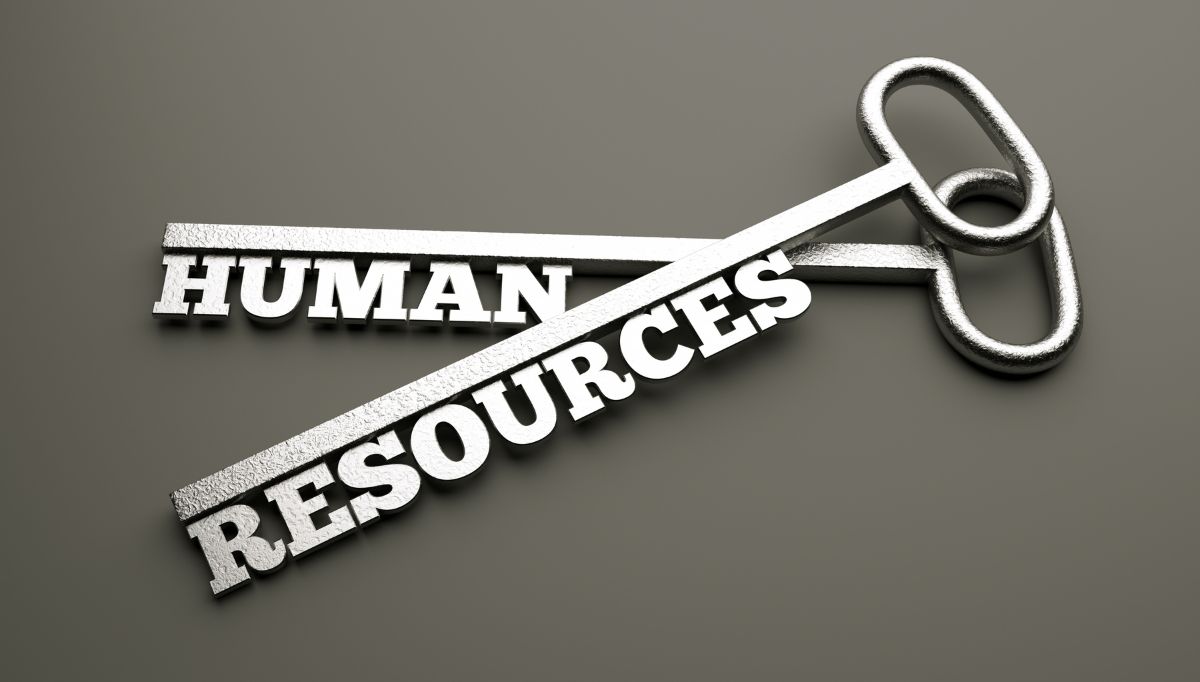In the vibrant tapestry of modern workplaces, a new narrative is being woven, one where employees are no longer mere cogs in the machine but the very engine driving innovation. This narrative is called “Employee Empowerment” and it’s reshaping the way we think about HR and organizational structures.
Imagine walking into an office where every individual feels like an entrepreneur, passionately driving their projects forward. They’re not waiting for instructions; they’re setting the pace. This is the promise of employee empowerment. By placing trust in employees, we’re not just giving them a task; we’re handing them the reins. The result? A burst of creativity, dynamism, and a sense of ownership that can be a game-changer for businesses.
But with great power comes great responsibility. As employees dive deep, exploring uncharted territories to deliver results, they’re also honing their skills, adapting to challenges, and expanding their horizons. The workplace transforms into a bustling marketplace of ideas, where collaboration is the currency. Silos crumble as employees reach out, both internally and externally, forging alliances and partnerships that were previously unthinkable.
However, as with any profound change, there are ripples in the water. The newfound autonomy can sometimes manifest as overconfidence. Picture an employee so engrossed in their vision that they become blind to the collective goal, or the subtle, yet growing, undercurrents of competition that can turn colleagues into rivals. This unchecked empowerment can sometimes lead to a race, not towards collective growth, but personal glory.
Also read: illumin’s Revealing Study on America’s Most Disputed TV Ads
And then there’s the ethical dimension. In a world where results reign supreme, there’s a lurking danger of the means justifying the ends. Without proper checks and balances, the very freedom that was meant to inspire can lead some astray, making them cut corners or even resort to unethical practices.
So, where does this leave us?
Employee empowerment is not just a strategy; it’s a philosophy. It has the potential to revolutionize HR, making organizations more agile and integrated. But it’s also a dance, a delicate balance between autonomy and accountability. The key is not to shun empowerment for its challenges but to embrace it with awareness and clear goal mindset.
Organizations venturing into this territory must cultivate a culture of open feedback, resilience, and ethical leadership. They must celebrate successes, yes, but also create safe spaces for failures, ensuring that learning and growth are at the heart of empowerment. Mistakes do happen but get back on the feet and move forward.
In the grand theatre of the workplace, employee empowerment can be the leading act, but only if we, as HR practitioners and leaders, are ready to direct, adapt, and sometimes, simply sit back and watch the magic unfold.
The Broader Implications of Empowerment
Beyond the immediate workplace, the ripple effects of employee empowerment can be felt in the broader industry and society. Empowered employees often become ambassadors for their organizations, championing their values and mission in forums. This not only enhances the brand image but also attracts like-minded talent, creating a virtuous cycle of growth and innovation.
Moreover, empowerment often leads to increased job satisfaction. When employees feel they have a voice and the autonomy to make decisions, they are more likely to be engaged and committed to their roles. This can lead to reduced turnover, lower recruitment costs, and a more cohesive organizational culture.
However, the journey to true empowerment is not without its challenges. Organizations need to invest in training and development to ensure that employees have the skills and knowledge to make informed decisions. Leaders must also be prepared to let go of some control, trusting their teams to take the lead. This requires a shift in mindset, moving away from a top-down approach to a more collaborative and inclusive one.
While employee empowerment offers numerous benefits, it is not a one-size-fits-all solution. Each organization needs to assess its unique context and challenges and tailor its approach accordingly. With the right strategies in place, empowerment can be a powerful tool for HR transformation, driving innovation, collaboration, and growth in the modern workplace.

















